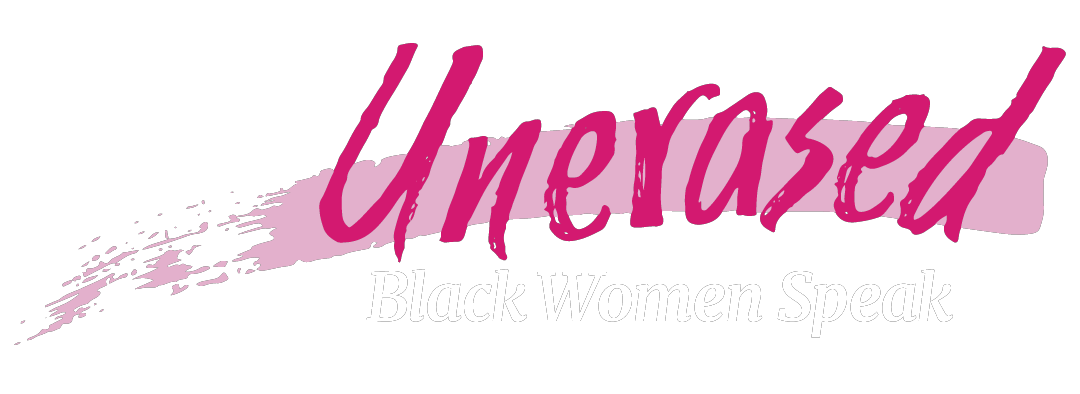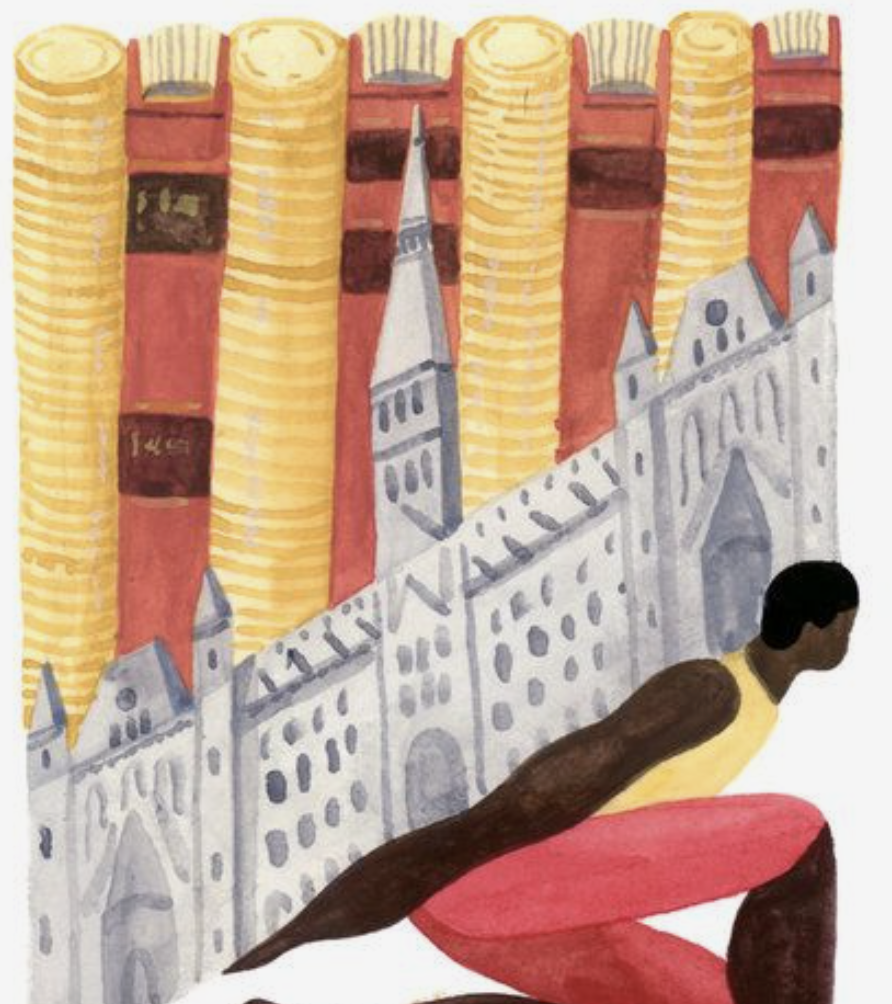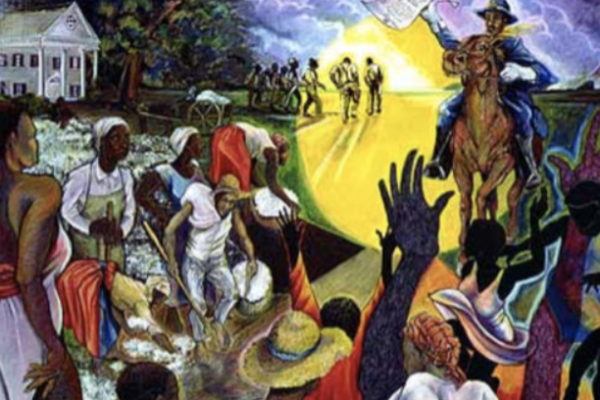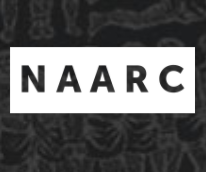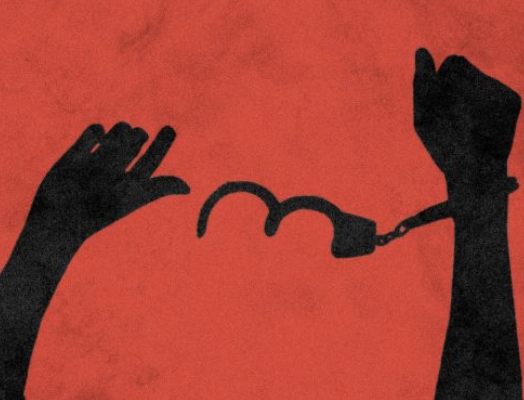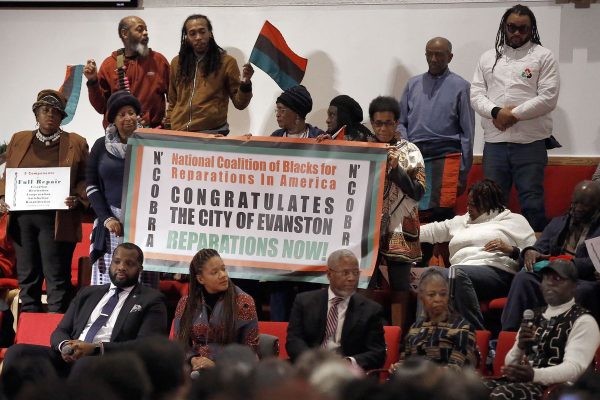About this Episode
How can you measure the damage from four centuries of bondage and soul pillage? What is the price tag on the sustained striping of our agency and possibilities from one generation to the next? Blacklisting. Redlining. Whitewashing.
This episode includes storytelling on the human toll, beginning with Callie House, an emancipated washer woman who launched the 20th century reparations movement. We will also hear from advocates with the National African American Reparations Commission which is leading the way to institute federal reparations laws.
In this Episode
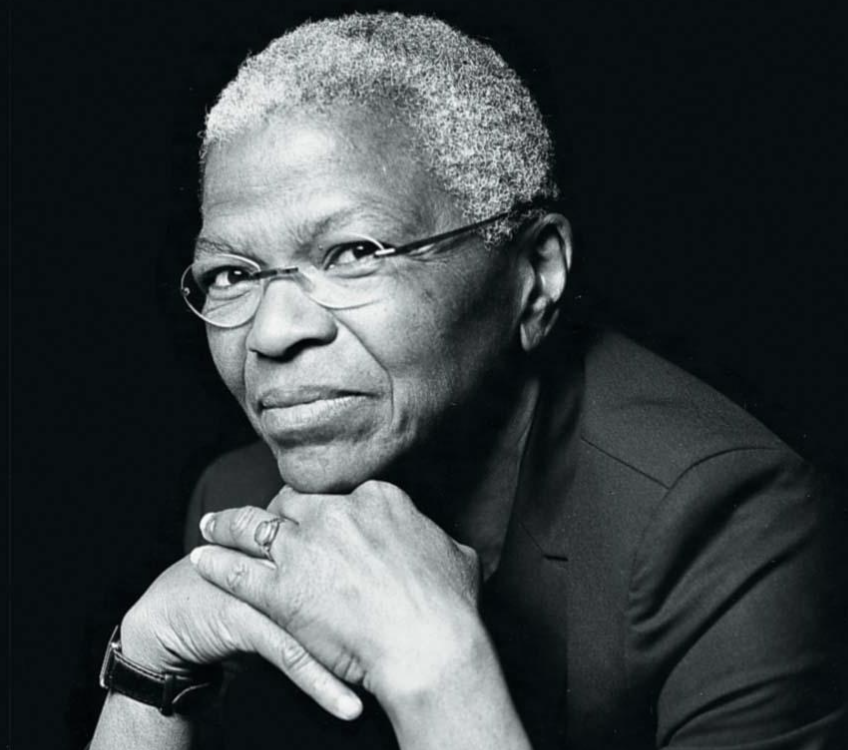
Mary Frances Berry, PhD.
“Callie House was imprisoned, came home, got ill and died, but the movement continued. You can trace the movement all the way back from her up through today’s National Commission for Reparations as Callie House political descendants.”
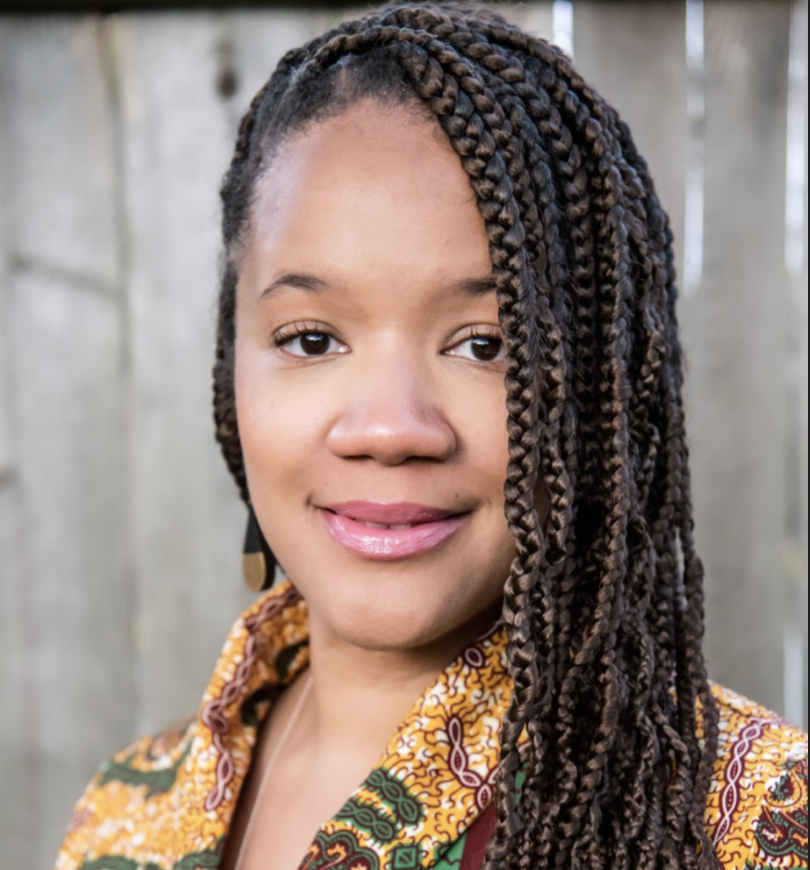
Robin Rue
“The key lesson from what’s happening in Evanston [is that] reparations are possible [and] it’s not a political nonstarter…There is broad and diverse will, appetite and heart to accomplish it, and it is overdue.”
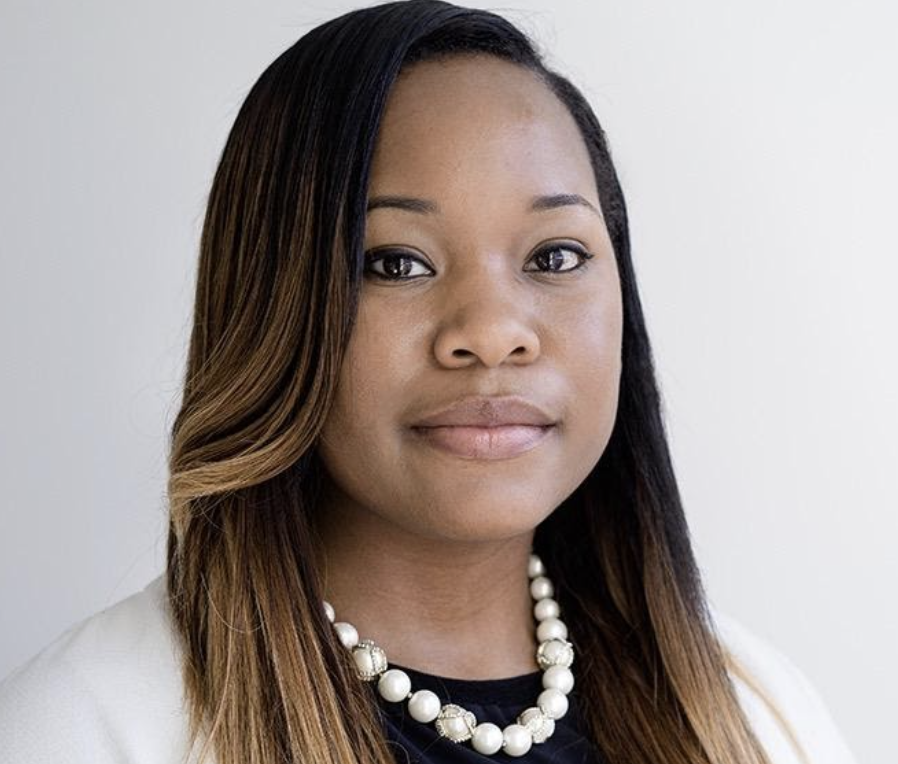
Dreisen Heath
“We’re at this moment where there’s recognition and acknowledgement…The movement is growing. The prospect of what’s possible is widening. Let’s just cut to the chase and say that we’re tired of waiting.”
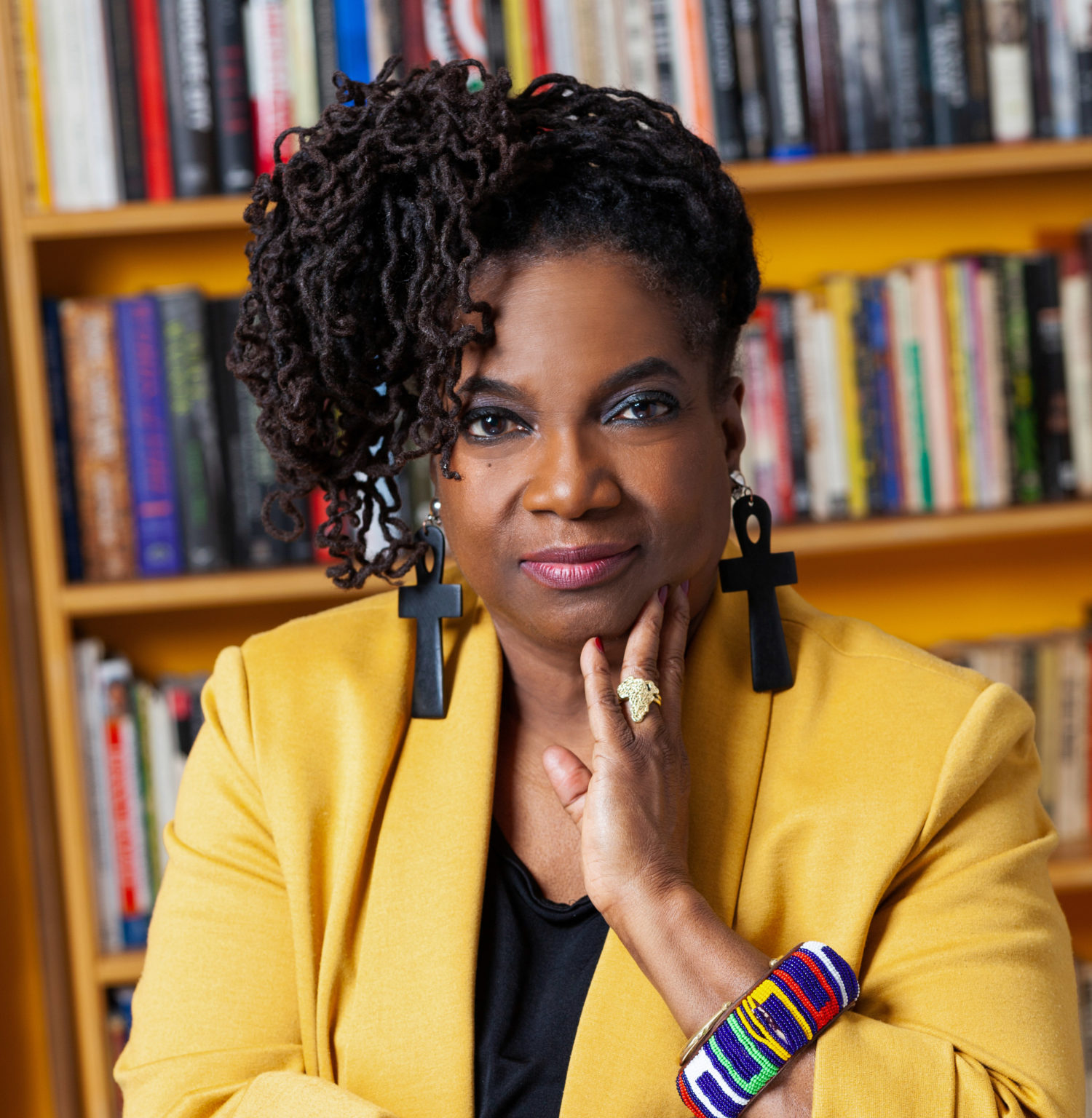
Nkechi Taifa
“When I started advocating and supporting reparations, I was a mere teenager. Today, I’m in my 60s…the formerly scolding reparations word is now hip and mainstream, thanks to people and organizations who never gave up the fight.”

Rosemari Mealy
Award-Winning Author, Poet and International Human Rights Activist
But Reparations – are still a distant dream to be fought for.
We must make real as the central demand.
This would be the ultimate–
Praise Song for our Ancestors–
Anchored across the Seas.

